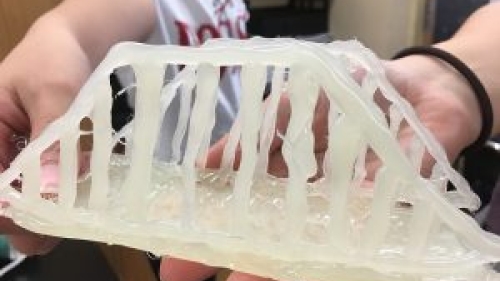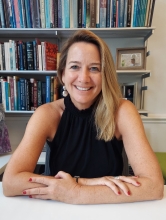Research suggests that a larger proportion of young people on the autism spectrum who go to college choose science, technology, engineering, and mathematics (STEM) majors than college students in the general population.
As a result, there is a need for programs that help young people on the autism spectrum foster the social, functional, and communication skills that will help them pursue careers in design and engineering when they go to college.
That’s why the National Science Foundation (NSF) first funded IDEAS: Inventing, Designing, and Engineering on the Autism Spectrum in 2016, and recently awarded the project a 3-year, nearly $2 million expansion grant.
IDEAS began as an after-school program at three New York City middle schools offering autism inclusion support in collaboration with NYU Steinhardt’s ASD Nest Program. Leveraging a “maker” format, IDEAS fosters students’ strengths and interests through hands-on STEM projects that promote social and functional skills.
The program curriculum incorporates a 12-part series of hands-on activities, exposing students to 3-D printing, design software, electrical circuitry, and more. The program culminates with a project that involves students creating 3-D printed objects of their own design.

Using materials like hot glue or clay, students gain an understanding of how 3-D printers work.
“Students who have special interests are often told to limit their focus on what’s known as ‘restricted interests’ in a deficit-based model. In reality, these interests are incredible avenues for career pathways, self-determined relationships, social interaction, and competence building,” said Department of Occupational Therapy Associate Professor and Chair, Kristie Patten.
Patten is Co-Principal Investigator on the project, working alongside Principal Investigator Wendy Martin of the Education Development Center and Co-Investigator Luke Dubois of the NYU Tandon School of Engineering.
The new grant will expand inclusive maker programming to local high schools and elementary schools — over the next three years, the project will grow to include 12 total STEM inclusion programs run by 24 teachers, reaching approximately 150-180 students on and off the spectrum each year. It will also help increase the education community’s understanding of how inclusive maker programming can help young people on the autism spectrum participate in STEM careers.
New York Hall of Science, SRI International, teachers and principals from autism inclusion schools, and an advisor from the New York City Department of Education’s Special Education Office are also involved in the project.

